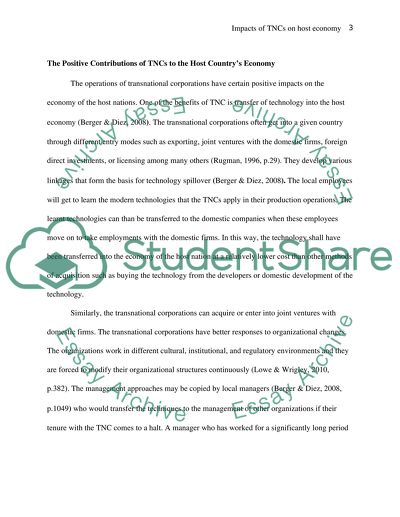Cite this document
(The Theory of Multinational Enterprises Case Study, n.d.)
The Theory of Multinational Enterprises Case Study. Retrieved from https://studentshare.org/macro-microeconomics/1445837-governing-global
The Theory of Multinational Enterprises Case Study. Retrieved from https://studentshare.org/macro-microeconomics/1445837-governing-global
(The Theory of Multinational Enterprises Case Study)
The Theory of Multinational Enterprises Case Study. https://studentshare.org/macro-microeconomics/1445837-governing-global.
The Theory of Multinational Enterprises Case Study. https://studentshare.org/macro-microeconomics/1445837-governing-global.
“The Theory of Multinational Enterprises Case Study”, n.d. https://studentshare.org/macro-microeconomics/1445837-governing-global.


